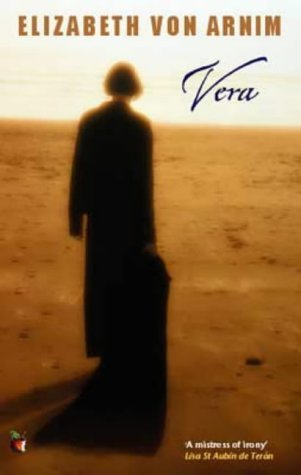What do you think?
Rate this book


336 pages, Paperback
First published January 1, 1921
Strange how tightly one's body could be held, how close to somebody else's heart, and yet one wasn't anywhere near the holder. They locked you up in prisons that way, holding your body tight and thinking they had got you, and all the while your mind– you –was as free as the wind and the sunlight.
All I shall want is just to sit and look at you.
I know I'll never write anything so good again-I daresay more popular among the masses, but not so really good.
https://wordpress.com/view/carolshess...